Venmo users react to a new legal provision requiring commercial transactions totaling $600 to be reported to the Internal Revenue Service.


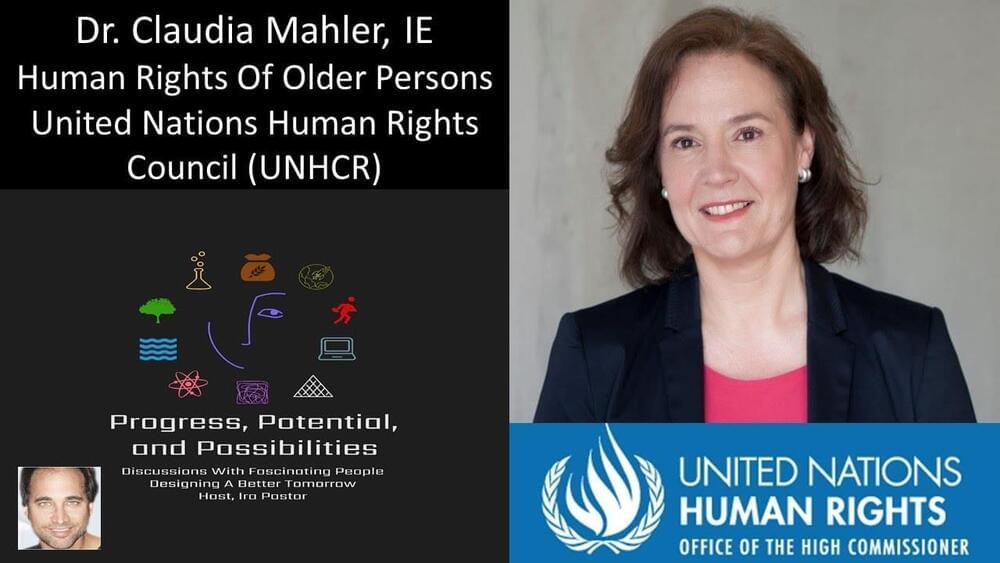
Advocating enhanced international action on human rights of older persons — dr. claudia mahler, IE, united nations human rights, UNHCR.
The United Nations Human Rights Council (UNHRC — https://www.ohchr.org/en/hrbodies/hrc/pages/aboutcouncil.aspx) is a United Nations (https://www.un.org/en/) body whose mission is to promote and protect human rights around the world.
The Council investigates allegations of breaches of human rights in United Nations member states, and addresses thematic human rights issues such as freedom of association and assembly, freedom of expression, freedom of belief and religion, women’s rights, LGBT rights, and the rights of racial and ethnic minorities. In recent years, there have been significant advocacy efforts calling for enhanced international thinking and action on the human rights of older persons, and the four main challenges older persons are facing, in terms of human rights as discrimination, poverty, violence and abuse, as well as the lack of specific measures and services to remedy these issues.
Dr. Claudia Mahler (https://www.ohchr.org/en/issues/olderpersons/ie/pages/ieolderpersons.aspx) currently serves as an Independent Expert on the human rights of older persons at the United Nations Human Rights Council.
Dr. Mahler has been working for the German Institute for Human Rights as a senior researcher in the field of economic, social and cultural rights since 2010. She is also a visiting professor at the Alice Salomon University of Applied Sciences Berlin.
From 2001 to 2009, Dr. Mahler conducted research at the Human Rights Centre of the University of Potsdam where her main fields were in human rights education, minority rights and the law of asylum. In 2000, she was appointed as Vice President of the Human Rights Commission for Tyrol and Vorarlberg.
Dr. Mahler has also worked as a lecturer in the field of human rights law and as a consultant to Office of the United Nations High Commissioner for Human Rights (OHCHR — https://www.ohchr.org/EN/pages/home.aspx) in Geneva.
From 1997–2001, Dr. Mahler held the position of an assistant at the Leopold-Franzens-University Innsbruck, Austria in the field of Criminal Law and Criminal Procedures.

An editorial writer and columnist for the Washington Post wrote a screed attacking electric cars this week. His heavily slanted piece was filled with misinformation. Here’s the truth about driving an electric car in winter.
Last week, hundreds of motorists on I-95 in Virginia were stuck for hours when a blizzard closed the highway south of Washington, DC. Highway crews couldn’t spread ice-melting chemicals before the storm arrived because the rain that preceded it would have washed them away. But when temperatures dropped, the rain quickly turned to ice. Then the snow came and made the ice treacherously slippery. Tractor trailers trying to get off the highway lost control, blocking many exit ramps. Senator Tim Kaine was trapped in the tangled mess of stalled cars for 27 hours.
Afterwards, Charles Lane, an editorial writer and columnist for the Washington Post, wrote a blistering opinion piece entitled, “Imagine Virginia’s Icy Traffic Catastrophe — But With Only Electric Vehicles.” In it, he wails about the Tesla driver who banged on the door of a tractor trailer, begging for help because he was afraid his family might freeze to death if his battery ran out of power. “If everyone had been driving electric vehicles, this mess could well have been worse,” Lane writes.
He goes on to say even Tesla warns on its website the cold temperatures can reduce range. Charging a cold battery takes longer, and besides, he says, there aren’t that many charging stations anyway. And what happens if the power goes out? What then? Lane, a graduate of Yale law school, apparently lacks the mental capacity to realize that when the power goes out, gas pumps stop working as well.
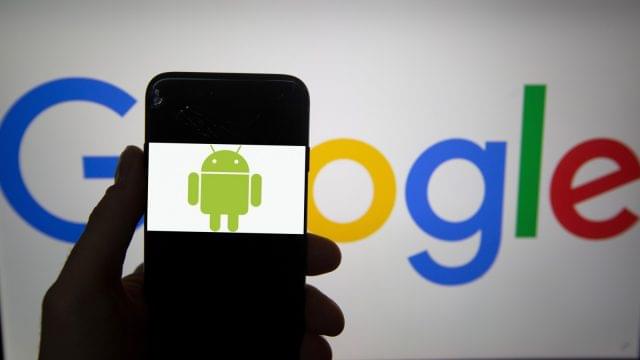
Apple was hit with a wave of criticism earlier this year when it announced plans to scan iPhones to stop the distribution of Child Sexual Abuse Material (CSAM). Critics fretted that Apple’s hash-checking system could be co-opted by governments to spy on law-abiding iPhone users. In response to the backlash, Apple might end up making changes to that program, but Google has its own way of spotting CSAM, and it might be even more intrusive for those who use all of Google’s cloud services.
The specifics on Google’s CSAM scanning come by way of a warrant issued in early 2020 and spotted by Forbes. According to the filing, Google detected CSAM in Google Drive, its cloud storage platform. And here’s where things get a little weird; the warrant stemming from this report targeted digital artwork, not a photo or video depicting child abuse.
Apple’s system under its “Expanded Protections for Children” banner uses hashes for known child abuse materials, scanning iDevices for matching hashes. This should prevent false positives and it doesn’t require Apple to look at any of the files on your phone. The issue cited most often with this approach is that Apple is still scanning your personal files on your smartphone, and it could be a privacy nightmare if someone manages to substitute different hashes. Apple says this isn’t possible, though.
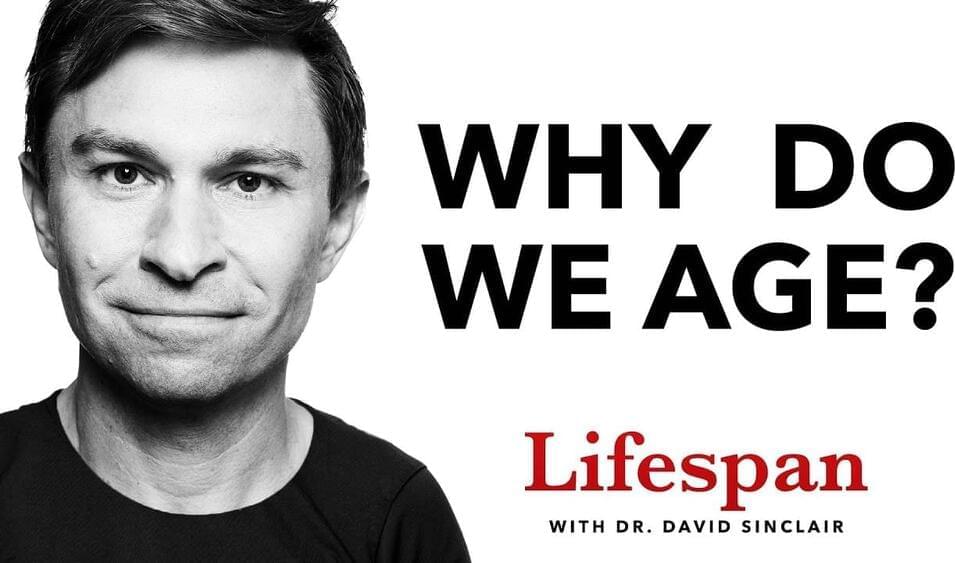
Sinclair’s first episode. Enjoy.
In this episode, Dr. David Sinclair and co-host Matthew LaPlante discuss why we age. In doing so, they discuss organisms that have extreme longevity, the genes that control aging (mTOR, AMPK, Sirtuins), the role of sirtuin proteins as epigenetic regulators of aging, the process of “ex-differentiation” in which cells begin to lose their identity, and how all of this makes up the “Information Theory of Aging”, and the difference between “biological age” and “chronological age” and how we can measure biological age through DNA methylation clocks.
Thank you to our sponsors:
Athletic Greens — https://athleticgreens.com/sinclair.
InsideTracker — https://insidetracker.com/sinclair.
Levels — https://levels.link/sinclair.
Our Patreon page:
https://www.patreon.com/davidsinclair.
Lifespan book:
https://amzn.to/3sUqurT
Dr. David Sinclair Social:
Instagram — https://www.instagram.com/davidsinclairphd.
Twitter — https://twitter.com/davidasinclair.
Facebook — https://www.facebook.com/davidsinclairphd.
Matthew LaPlante’s Social:
Twitter — https://twitter.com/mdlaplante.
Timestamps:
00:00:00 Introduction.
00:03:14 Goal of the Lifespan Podcast.
00:07:11 Acknowledgement of Sponsors.
00:10:45 Aging is a Controllable Process that can be Slowed & Reversed.
00:16:42 Organisms with Extreme Longevity.
00:21:47 Genes that Regulate Aging: mTOR, AMPK, Sirtuins.
00:21:55 mTOR & Rapamycin.
00:24:33 AMP-activated protein kinase (AMPK) & Metformin.
00:30:57 Sirtuin Proteins as Epigenetic Regulators of Aging.
00:35:33 Ex-Differentiation.
00:43:30 Measuring Aging — Biological Age vs. Chronological Age.
00:49:30 “No Law That Says We Have To Age“
00:50:33 Episode Summary & Key Takeaways — Why Do We Age?
00:54:00 Information Theory of Aging.
00:57:59 Aging is a Medical Condition.
01:01:00 Aging Myths — Telomeres & Antioxidants.
01:01:55 Options for Subscription and Support.

Hackers breached the computer networks of a southeast Florida health care system in October and may have accessed sensitive personal and financial information on over 1.3 million people, the health care system announced this week.
Social Security numbers, patient medical history and bank account information are among the data that have been exposed in the breach of Broward Health, a network of over 30 health care facilities serving patients across roughly 2 million-person Broward County, Florida, according to a notice the health care provider filed with the Office of the Maine Attorney General.
About 470 of the data breach victims live in Maine. Like other states, Maine law requires organizations that hold state residents’ personal data to file a disclosure when they’ve been hacked.
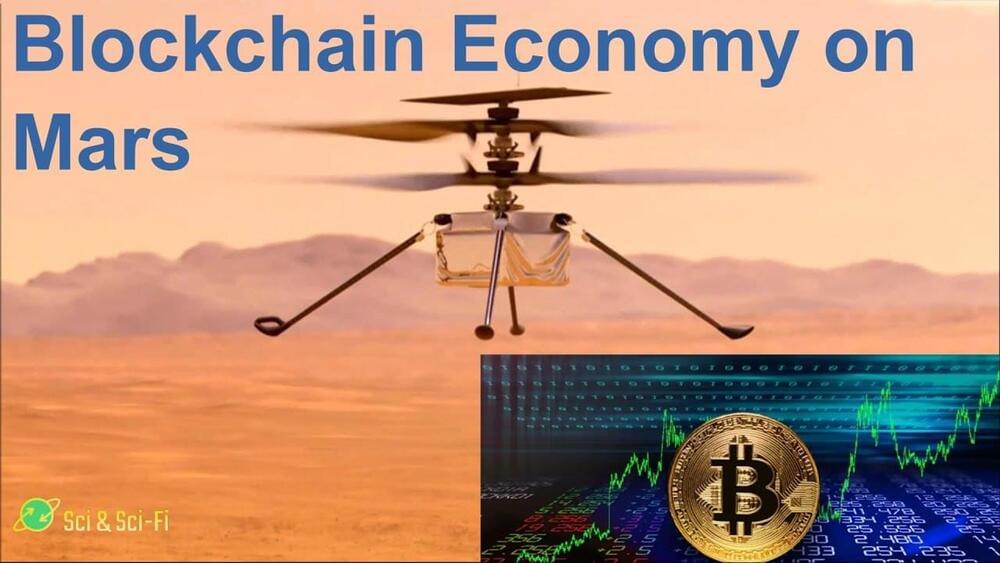
Blockchain Technology on Mars.
Can a Mars economy be established on top of Blockchain Technologies?
In this youtube we’ll review the basic principles of Blockchain Technologies, and how they can be applied on another planet.
Mars is an isolated planet, with travel time of ~ 6 month and communication time of 5 – 20 minutes to Earth. Sometimes, when the Sun is between Earth and Mars communication can’t be established without a relay station, which may slow communication even further.
The initial settlements on Mars will have a small number of people when compared to Earth. So, Mars can’t effort to have a financial and legal system similar to Earth. Those system must be cheaper, faster and more efficient to operate.
Can a Mars economy be established on Blockchain Technologies?
In this presentation we’ll review the basic principles of Blockchain Technology. Something that can benefit the financial status of this channel’s viewers right here on Earth.
Then we’ll explore what are the challenged of using this revolutionary technology on Mars rather then on Earth.
Ways to support my channel:
Buy my book Escape Velocity: https://www.amazon.com/gp/product/B072NWFWPR
My Amazon Author page: http://amazon.com/author/ronfriedman.
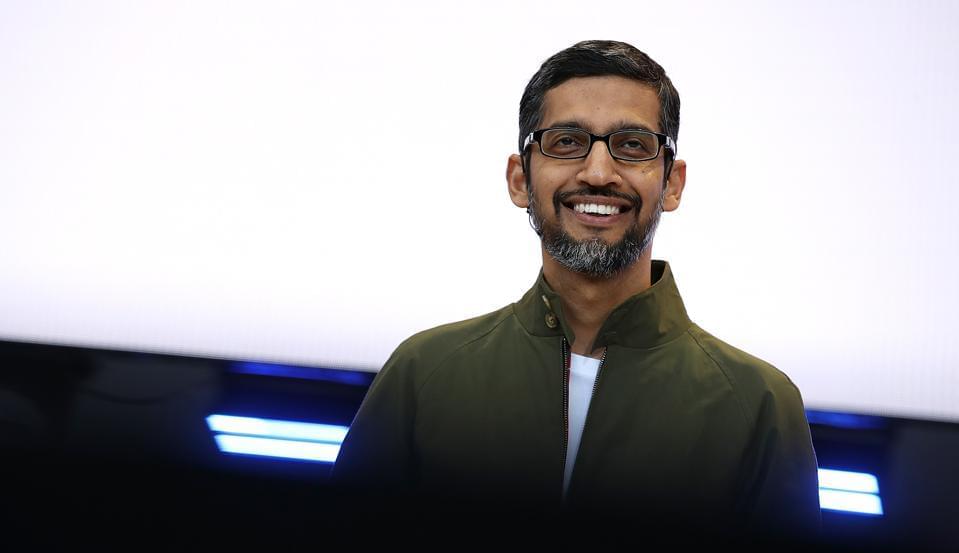
A lawsuit filed in a California federal court in June 2020 claims that Google Chrome’s “Incognito Mode” is not as private as people think.
Now, Alphabet CEO Sundar Pichai will need to answer questions over whether Google continues to track users even when they’ve activated the browser’s private browsing mode, as first reported by Bloomberg Law.
The case, Brown et al v. Google LLC, was filed on June 2, 2020, assigned to Judge Lucy H. Koh in a U.S. District Court in San Jose, California.
A deposition order was issued on Monday 27 for Pichai to testify in the case for up to two hours, as the plaintiffs say that Pichai has “unique, personal knowledge of relevant issues relating to the Chrome browser and privacy concerns.” Earlier in the case, the court also issued an order for Google’s Chief Marketing Officer, Lorraine Twohill, to answer questions about how the tech giant promoted the browser’s functionality.
Google’s legal team tried to shield Pichai from testifying in the case. They claimed lower-level employees that worked directly on the Chrome browser were better suited to answer questions about how the browser’s private browsing functionality works.
Full Story:

Hypersonic air travel is anything that travels at Mach 5, or five times the speed of sound. The U.S. was once a leader in developing supersonic and hypersonic technology, but has taken “our foot off the gas,” according to Mark Lewis, executive director of the National Defense Industrial Association’s Emerging Technologies Institute.
Watch the video to find out more about how the U.S. fell behind Russia, China and possibly North Korea, and how we’re spending billions to catch up.
Hypersonic air travel, for both military and commercial use, could be here within the decade.
The $770 billion National Defense Authorization Act signed into law Tuesday calls for investing billions into hypersonic research and development, making them a top priority for Washington. The next step is congressional approval to allocate the money for the technology to the Pentagon.
“If you are traveling at hypersonic speeds, you’re, you’re going more than a mile per second,” said Mark Lewis, executive director of the National Defense Industrial Association’s Emerging Technologies Institute. “That’s important for military applications. It could have commercial applications. It could also open up new, new ways of reaching space.”
Hypersonic is anything traveling above Mach 5, or five times the speed of sound. That’s roughly 3,800 mph. At those speeds, commercial planes could travel from New York to London in under two hours.

We live in a very fast-changing world and quite an unpredictable one. In part, it is because we got lots of technological powers while our brain stays just the same as in pre-technological times. What do we teach children in this world? How can we help them to reflect on their thinking, get wiser in using the new technological powers, develop growth mindset and resilience, see the big picture and the interconnections within the complex systems (be that our body, ecological system, or the whole Universe)? We are trying to address these issues by teaching space science, AI and cognitive science, and existential risks and opportunities to pre-teens. In three years, the kids get an opportunity to talk to some of the most prominent thinkers in the field, reflect on deep questions, develop connections with specialists from multiple fields, from space law to ecology to virology, present their work at conferences. Check out our classes:
Art of Inquiry is an Online Science School for Young Explorers. We teach inquiry, thinking skills, and cutting-edge science. Our speakers and consultants are distinguished experts from academia, AI and space industry.